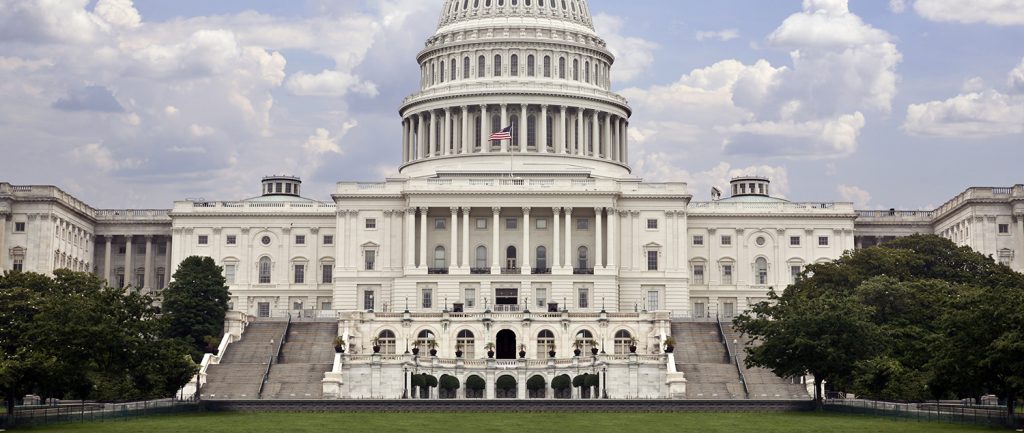Farm bill negotiators said Thursday they reached an “agreement in principle,” offering hope of breaking a months-long impasse over commodity and food-stamp policy that would pave the way for Congress to send legislation to President Donald Trump before the end of the year.
Details of the compromise weren’t immediately released. The four leading farm bill negotiators in the House and Senate said in a statement Thursday morning that they’re still waiting on cost estimates from the Congressional Budget Office and also working to finalize language.
They cautioned that “we still have more work to do” but said they are “committed to delivering a new farm bill to America as quickly as possible.” The most recent farm bill, passed in 2014, expired Oct. 1.
Timing is critical. Before the sweeping agriculture and nutrition bill can become law, a conference report needs to be finalized, and Congress must pass the measure in both chambers before the end of the year. If not, the legislative process will start anew when the next Congress is seated in January.
The so-called Big Four Agriculture lawmakers had been at loggerheads since August in their effort to reconcile the partisan House farm bill, H.R. 2 (115), which passed with only Republican votes, with the bipartisan Senate measure, S. 3042 (115).
The deal is not expected to include stricter work requirements for millions of food-stamp recipients — an outcome that would reject a controversial provision from the House bill that motivated Democrats to oppose the House measure. The House Republican proposal, which Trump has backed, made the nutrition title the highest-profile policy disagreement between the two chambers during negotiations.
Adding stricter work requirements to food stamps, now known as the Supplemental Nutrition Assistance Program, has always been considered politically unworkable in the Senate, where lawmakers easily passed a bill that would not make any changes to existing food-stamp work requirements.
Senate Agriculture Committee leaders have pointed to the Senate bill’s bipartisan support — it passed in June by a margin of 86-11, whereas the House bill was cleared by just two votes — to argue against the House Republican proposal.
Proposed changes to conservation programs also created a roadblock during talks. The House bill proposed deep cuts to the bill’s conservation title, and also would eliminate a major working-lands program. Negotiators have kept a tight lid on how the compromise addresses food stamp and conservation policy disagreements, as well as points of divergence on farm subsidies.
An agreement was further delayed this week when a fight over forestry management popped up following the devastating California wildfires. Agriculture Secretary Sonny Perdue and Interior Secretary Ryan Zinke made a public push to exempt practices like forest thinning from extensive environmental reviews. That’s similar to what the House bill had proposed, but the Senate did not back that approach.
Senate Democrats and green groups opposed granting broader forestry management authority to USDA and the U.S. Forest Service, arguing that the omnibus spending bill that passed earlier this year already included some of the tools they cited as critical to fighting wildfires.
House and Senate leaders had to settle disagreement with the Trump administration over forestry to clear the way for a farm bill compromise. It was not clear whether the matter was resolved through the farm bill’s forestry title or whether it would be addressed through standalone legislation.
Politico contributed to this article.
Tags: Farm Bill



